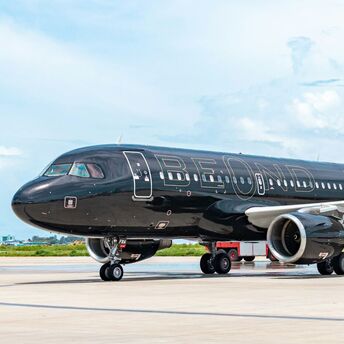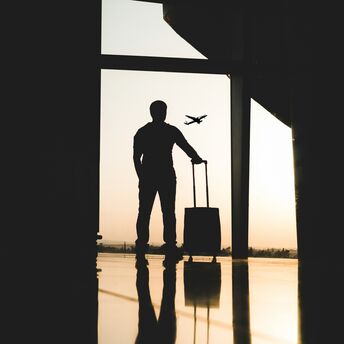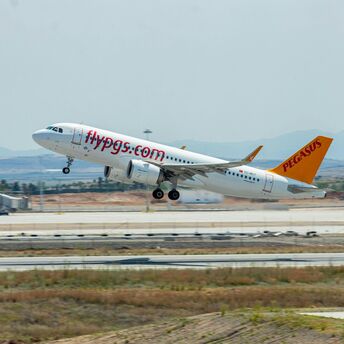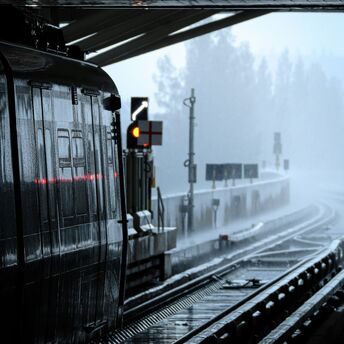ScotRail to Revise Ticket Office Hours, Sparking Union Backlash

ScotRail has announced upcoming changes to ticket office hours starting 31 March 2025, aiming to align its services with modern ticket-buying trends. The adjustments follow a decline in counter transactions, with more travelers using digital platforms or ticket machines. While six stations will experience extended hours, 31 will have reduced service times, requiring passengers to rely more on automated options. At 106 stations, overall staffing levels will remain the same, with employees shifting from ticket counters to more customer-facing roles on platforms.
The revisions stem from public consultations and discussions with trade unions, which resulted in modifications to the initial proposal. ScotRail maintains that these changes will improve customer service by increasing staff visibility and station safety. No ticket offices will close, and train schedules remain unaffected. Passengers will still receive assistance, but in a more flexible and mobile capacity. ScotRail is set to update ticketing information through its website and public announcements before implementation.
RMT, the rail union, has slammed these changes, describing them as bad for passengers and the workforce. ScotRail suggests levels of service will not be affected by the union but the cut in office hours will result in stations not being fully staffed and so more people with impairments and older passengers may struggle to get around. Concerns have been raised that fewer staff at counters may result in decreased safety and an overall reduction in service quality for those relying on in-person assistance.
The union has also warned that these modifications could set a precedent for future job reductions, calling it a "de-staffing by stealth". They have urged the Scottish Government to step in, saying the alterations are at the expense of cost saving over passenger service. Critics argue automated ticketing will not always see human help needed for instance for disputed tickets or travel related questions calling for detailed explanation.
Upcoming alterations remind us how much of our rail industry relies on increasingly digital services. ScotRail modernising is good, but there is an air of fear around the changing of customer service and so much human in this. Passengers who depend on staffed offices for information or assistance may need to adjust their travel habits and seek alternative ways to navigate ticketing processes effectively.



















